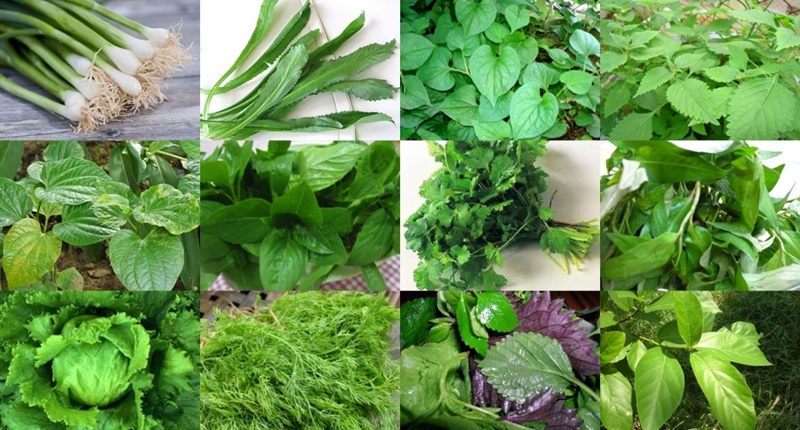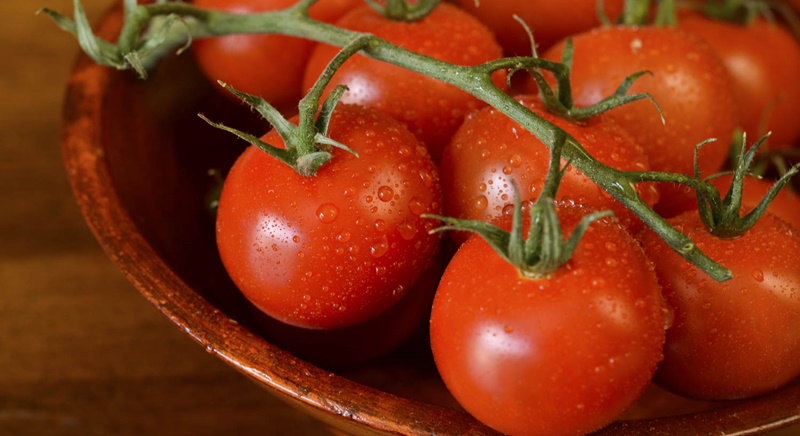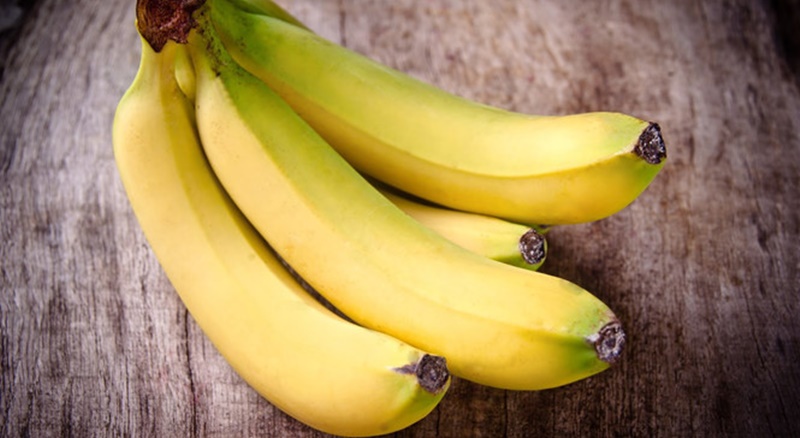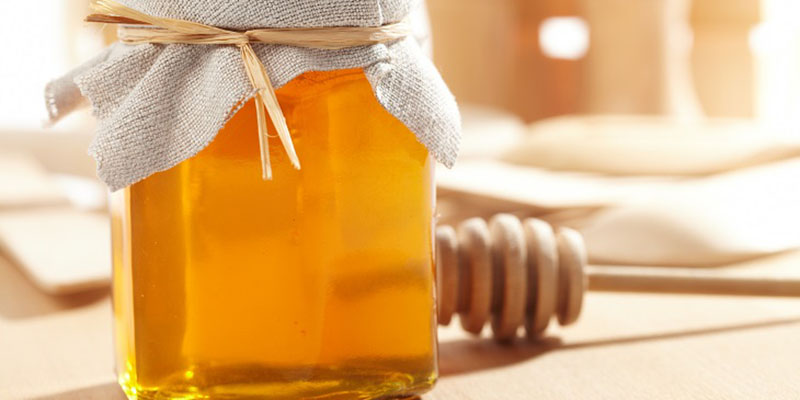Vegetable Varieties

– To keep herbs like basil, coriander, perilla, and mint fresh, you don’t need to refrigerate them. Simply place the herb stems in a glass of water and keep them in a well-ventilated area, and they will stay fresh and flavorful until you’re ready to use them.
– Squash and gourds with thick skins can be stored at room temperature. Keep them on a kitchen shelf, and they will remain fresh and tasty for up to a month.

– Tomatoes and potatoes should not be refrigerated as they tend to spoil faster and develop altered flavors. Instead, store tomatoes in a basket and potatoes in paper bags on a shelf or table in a dry area.
– Onions and garlic should be kept in a mesh bag and hung in a dry and well-ventilated area to prolong their freshness and prevent spoilage. Remember to keep them away from potatoes, as potatoes can cause onions and garlic to spoil faster.
Fruit Varieties

– Unripe avocados should not be refrigerated, as it will slow down their ripening process. Instead, keep them at room temperature, preferably near apples or bananas, to speed up ripening.
– Bananas also do not require refrigeration. Simply wrap a string around the bunch and hang them in a cool, well-ventilated area.
– Whole melons, such as watermelons and cantaloupes, can be stored at room temperature on a kitchen shelf.
Other Foods

– Honey does not need to be refrigerated. Store it in your kitchen, ensuring that the lid is tightly sealed after each use to prevent insects from getting into the honey.
– Due to their outer frosting, cakes do not require refrigeration. Simply keep them in an airtight container, and they will remain fresh and tasty for up to three days.
– Bread tends to become stale and dry when refrigerated. Instead, store bread in a sealed bag or container at room temperature to maintain its freshness and texture.
With these tips on how to store vegetables, fruits, and other foods, we hope you can better preserve your groceries without relying on the refrigerator.
More Useful Advice for Homemakers (Part 2)
Have you heard of the surprisingly easy tips to make cooking and household chores simpler? White radish eliminates the acrid taste of salted meat, adding alum to raw shrimp helps soften it, and adding cold water when frying eggs can make them crispy – these are just a few of the tricks to make your life easier.
Is Refrigerated Leftovers Linked to an Increased Risk of Cancer?
Dr. Lam Van Man, Head of Research, Development and Technology Transfer Department of the Institute of Safety Food, has warned of the risk of food poisoning when reheating leftovers from the refrigerator. But what should we be aware of when it comes to the possibility of these leftovers causing cancer? Here, we explore what the experts have to say on the matter and offer some tips for safe eating.





































